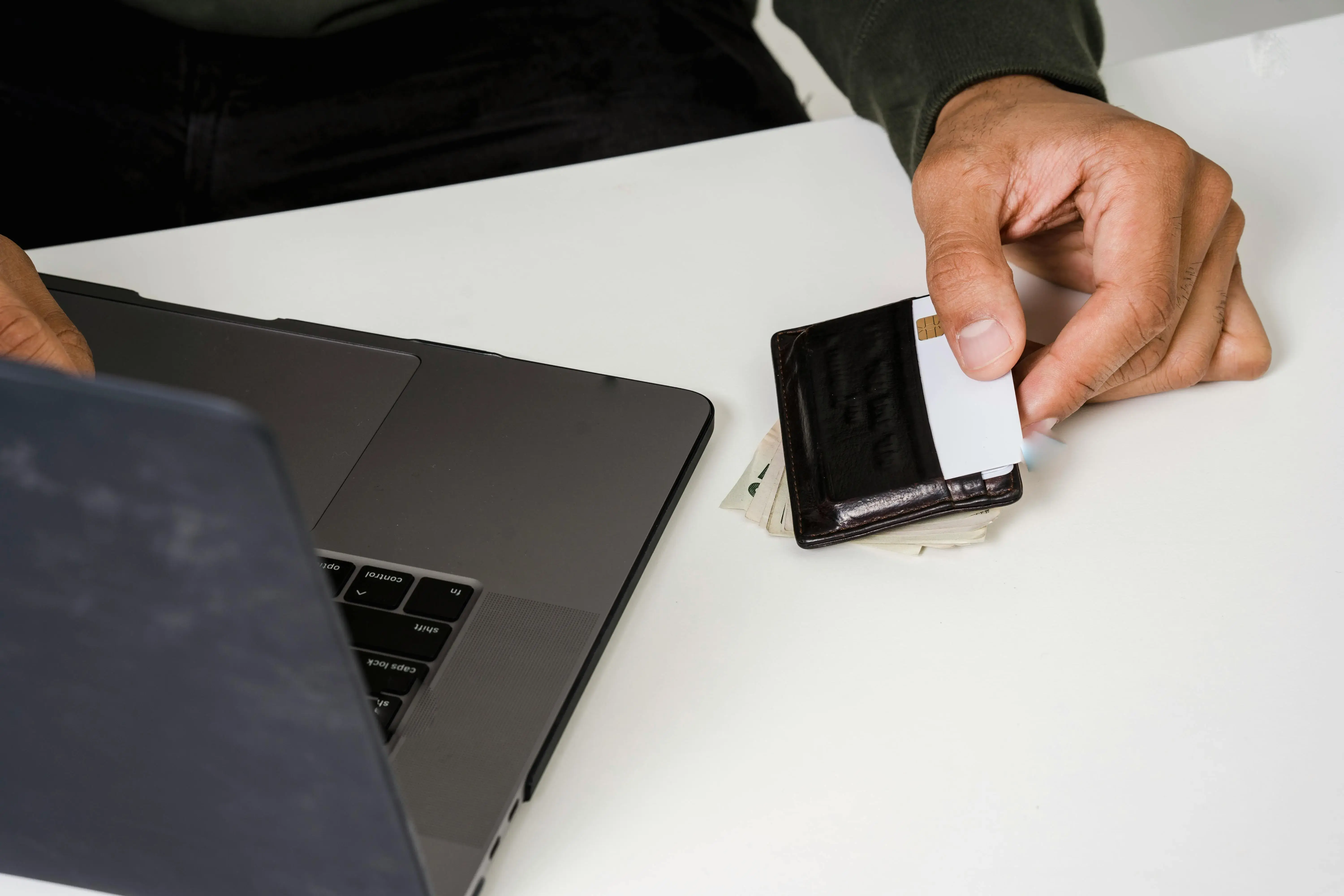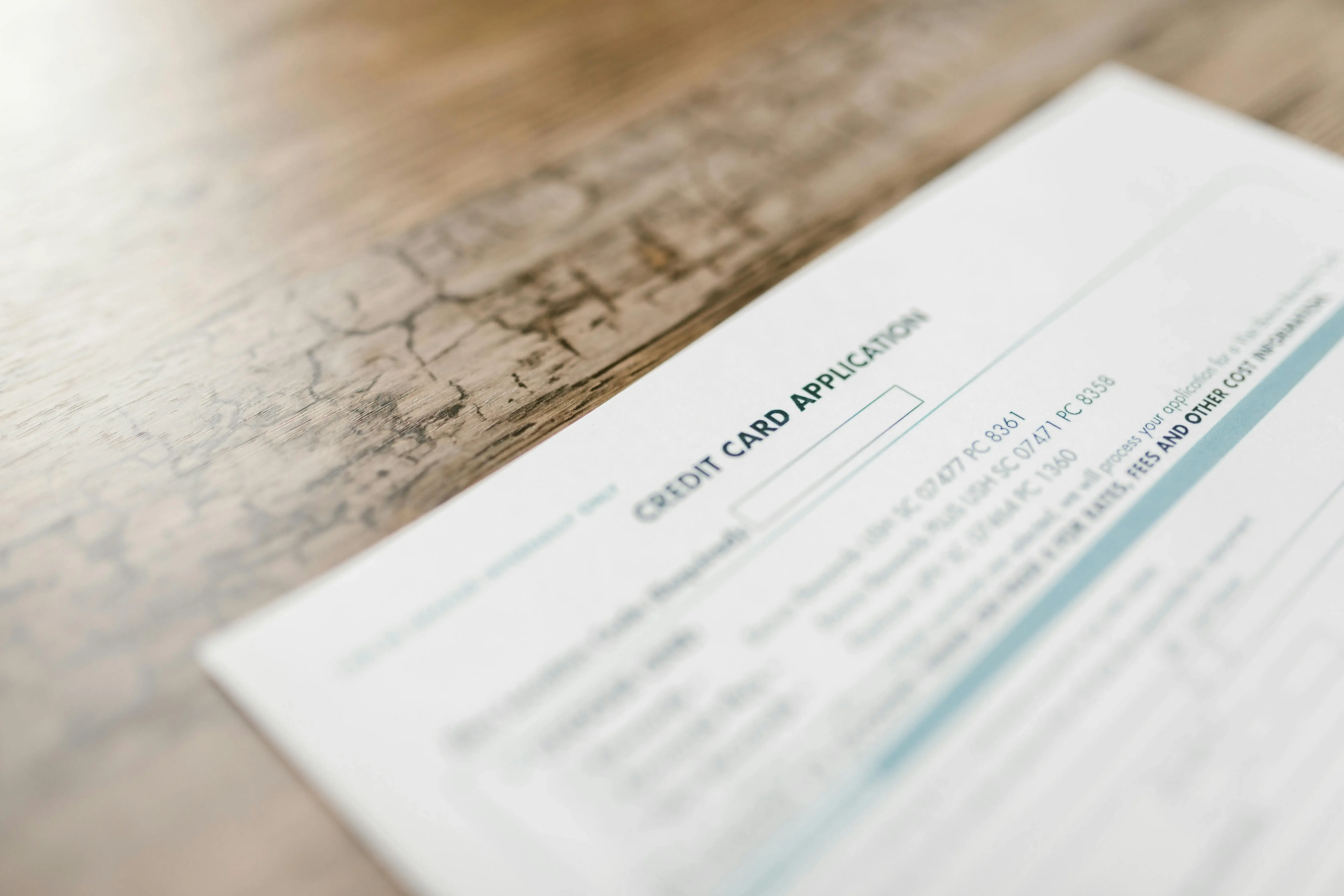
Kudos has partnered with CardRatings and Red Ventures for our coverage of credit card products. Kudos, CardRatings, and Red Ventures may receive a commission from card issuers. Kudos may receive commission from card issuers. Some of the card offers that appear on Kudos are from advertisers and may impact how and where card products appear on the site. Kudos tries to include as many card companies and offers as we are aware of, including offers from issuers that don't pay us, but we may not cover all card companies or all available card offers. You don't have to use our links, but we're grateful when you do!
Does Paying Early Affect Your Credit Score?
July 1, 2025

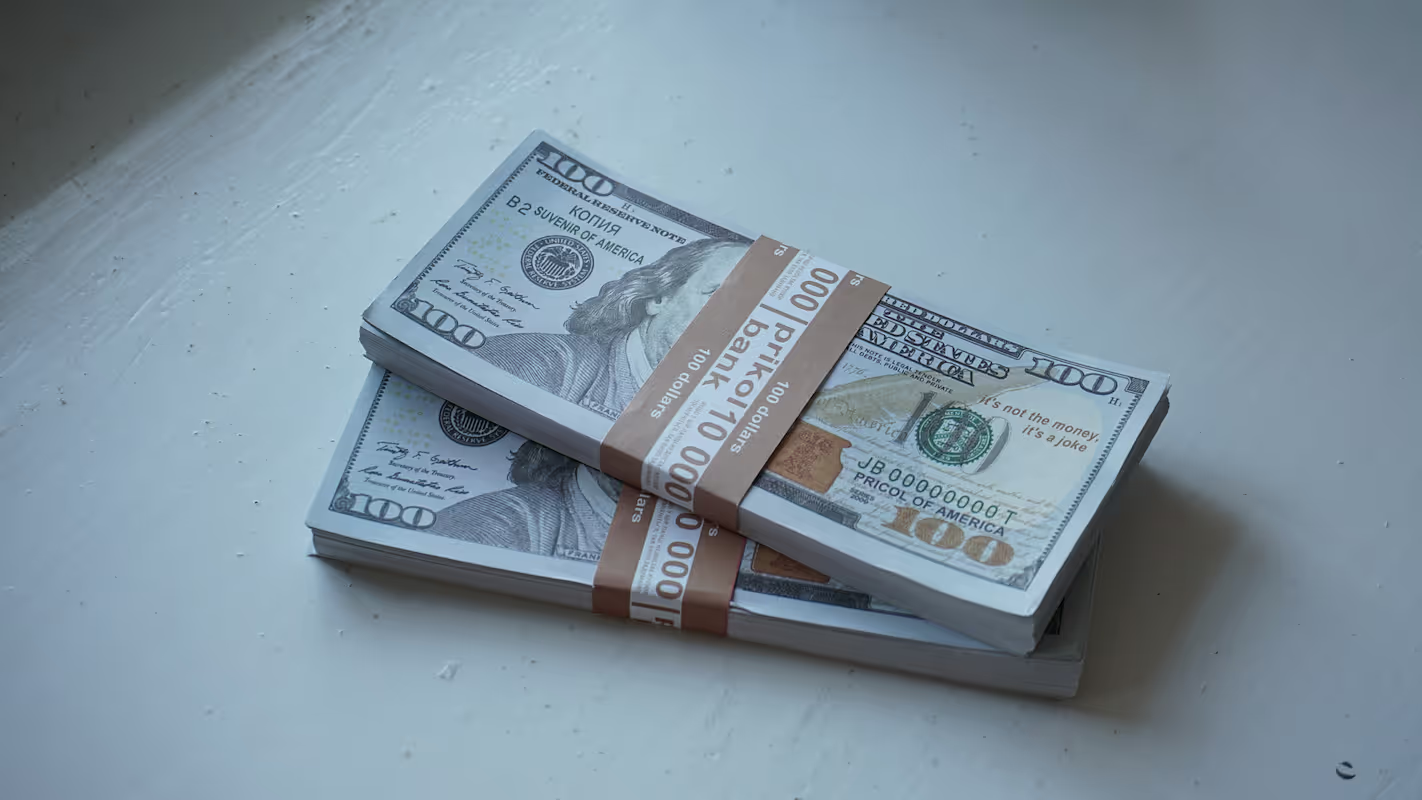
Quick Answers
Paying bills before the due date does not directly boost your credit score, as credit bureaus primarily track whether payments are made on time.
However, paying your credit card balance before the statement closing date can lower your credit utilization ratio, a key factor that can positively impact your score.
Consistently paying on time is the most critical factor for a strong credit profile; early payments are a beneficial habit that prevents missed payments but won't provide an extra lift to your score on their own.
What Does Paying Early Mean?
Paying a bill early is exactly what it sounds like: submitting your payment before the official due date listed on your statement. This can be done anytime after your billing cycle closes but before the payment is required. The practice applies to various financial obligations, including credit card balances, loan installments, and even recurring utility bills.
This habit can have a positive, indirect effect on your credit score by influencing your credit utilization ratio. When you pay down your balance before the statement closing date, the lender reports a lower amount owed to the credit bureaus. Since lower credit utilization is a key component of a healthy credit profile, paying early can help demonstrate responsible credit management over time.
How Paying Early Can Affect Your Credit Score
Paying your bills ahead of schedule is a great financial habit, but its impact on your credit score is nuanced. Here’s how this proactive step can indirectly influence your credit standing.
- Payment Timing is Key: The process begins when you pay your credit card bill before the statement closing date, not just the payment due date. This is a crucial distinction.
- Balance Reporting: Credit card issuers typically report your balance to the major credit bureaus once a month, right after your statement closes. An early payment reduces the balance that gets reported.
- Lower Credit Utilization: By reporting a lower balance, your credit utilization ratio—the amount of credit you're using compared to your total limit—decreases. Lenders see lower utilization as a positive sign.
- Potential Score Improvement: Since credit utilization is a significant factor in calculating your credit score, consistently maintaining a low ratio by paying early can lead to a gradual improvement in your score over time.
How Much Will Paying Early Affect Your Credit Score?
The impact of paying off a loan early on your credit score isn't always straightforward. Here are a few key factors to consider before you make that final payment.
- Credit Mix and Age. Closing an installment loan early can reduce the diversity of your credit types. It also shortens your average account age, which could cause a small, temporary dip in your credit score.
- Positive Payment History. An open loan allows you to build a record of consistent, on-time payments over its full term. Paying it off early stops these future positive entries from being added to your credit report.
How You Can Avoid Paying Early Without Affecting Your Credit Score
Maintain Credit History Length
Paying off a loan closes that specific account, which can reduce the average age of your credit history. To mitigate this, it's wise to keep your other, older credit accounts open and in good standing. This helps preserve the length of your credit history, a key factor for scoring models.
Preserve Your Credit Mix
Credit scores benefit from a healthy mix of credit types, like installment loans and revolving credit cards. If the loan you settle is your only installment account, your score may dip. Having other credit products helps show you can responsibly manage different kinds of debt.
Ways to Improve Your Credit Score
Fortunately, it is always possible to improve your credit score through consistent, positive financial behavior. With dedicated effort, you can see meaningful changes in as little as three to six months by taking a few key actions.
- Establish automatic bill payments. Your payment history is the most significant factor in your score, so setting up automatic payments is a simple way to ensure you never miss a due date.
- Reduce your credit utilization ratio. Aim to use less than 30% of your available credit, which you can achieve by paying down balances or requesting a credit limit increase.
- Monitor your credit reports. Regularly check your free reports from Experian, TransUnion, and Equifax to identify and dispute inaccuracies or detect potential identity theft.
- Become an authorized user. Being added to someone else's credit card account that has a strong payment history and low utilization can help boost your own score.
- Limit hard inquiries. Space out your applications for new credit and use prequalification tools to avoid the temporary score drop that can result from multiple inquiries.
- Diversify your credit mix. Maintaining a healthy variety of credit types, such as installment loans and revolving credit, demonstrates you can manage different kinds of debt responsibly.
The Bottom Line
Paying off a loan early can save you money on interest, but it won't necessarily help your credit score. It may even cause a temporary dip due to changes in your credit mix.
Frequently Asked Questions
Can paying a bill a few days early boost my credit score?
Not directly. While it ensures an on-time payment, which is crucial for your score, paying just a few days early doesn't provide an extra boost.
Can paying off a loan early hurt my credit score?
It can, temporarily. Closing a loan account early reduces your credit mix and the average age of your accounts, which might cause a slight dip.
Is it better to pay my credit card bill early or on the due date?
Paying before your statement closing date is often better. This can lower your reported credit utilization ratio, which may positively influence your credit score.
Unlock your extra benefits when you become a Kudos member

Turn your online shopping into even more rewards

Join over 400,000 members simplifying their finances

Editorial Disclosure: Opinions expressed here are those of Kudos alone, not those of any bank, credit card issuer, hotel, airline, or other entity. This content has not been reviewed, approved or otherwise endorsed by any of the entities included within the post.


































.webp)
.webp)
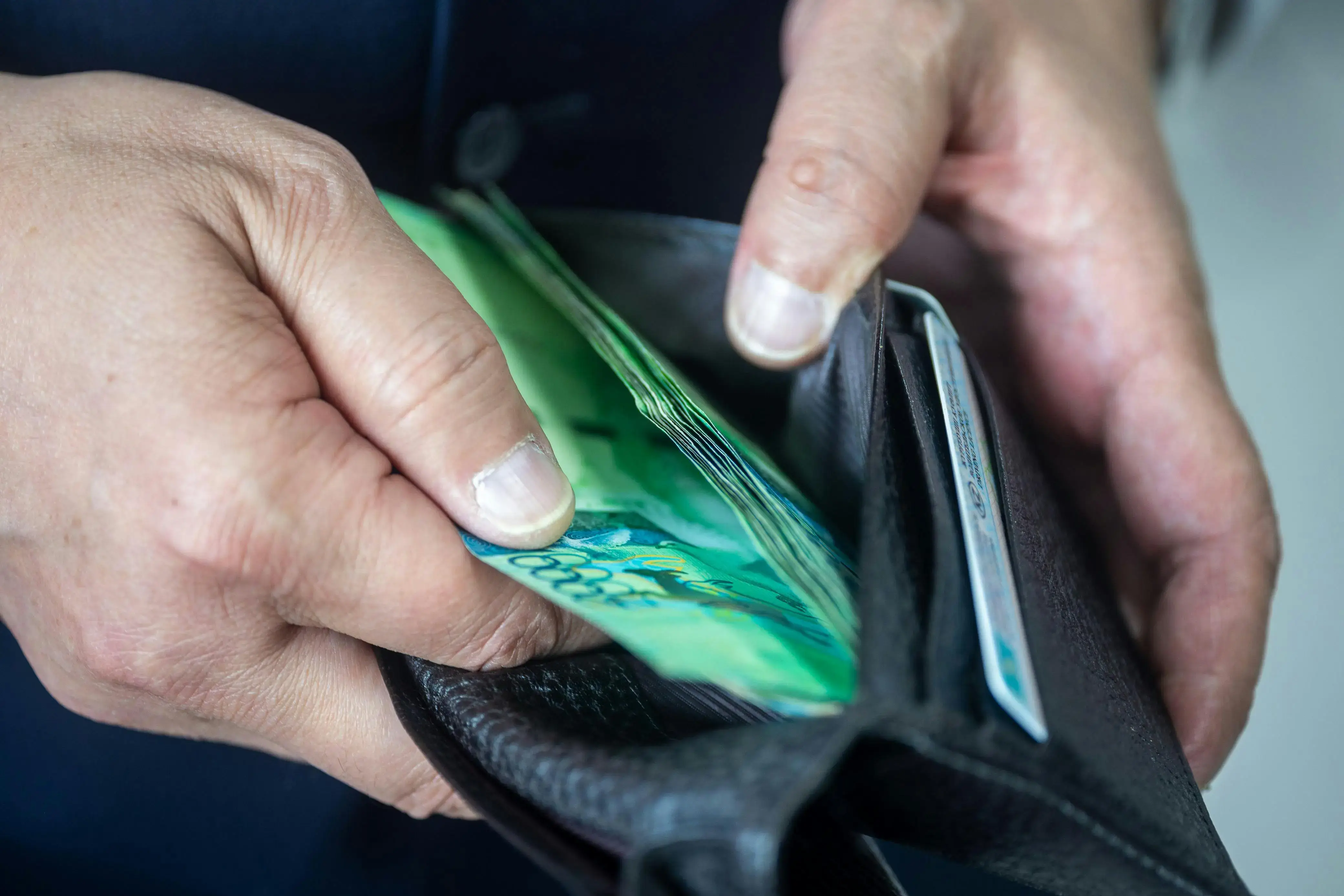
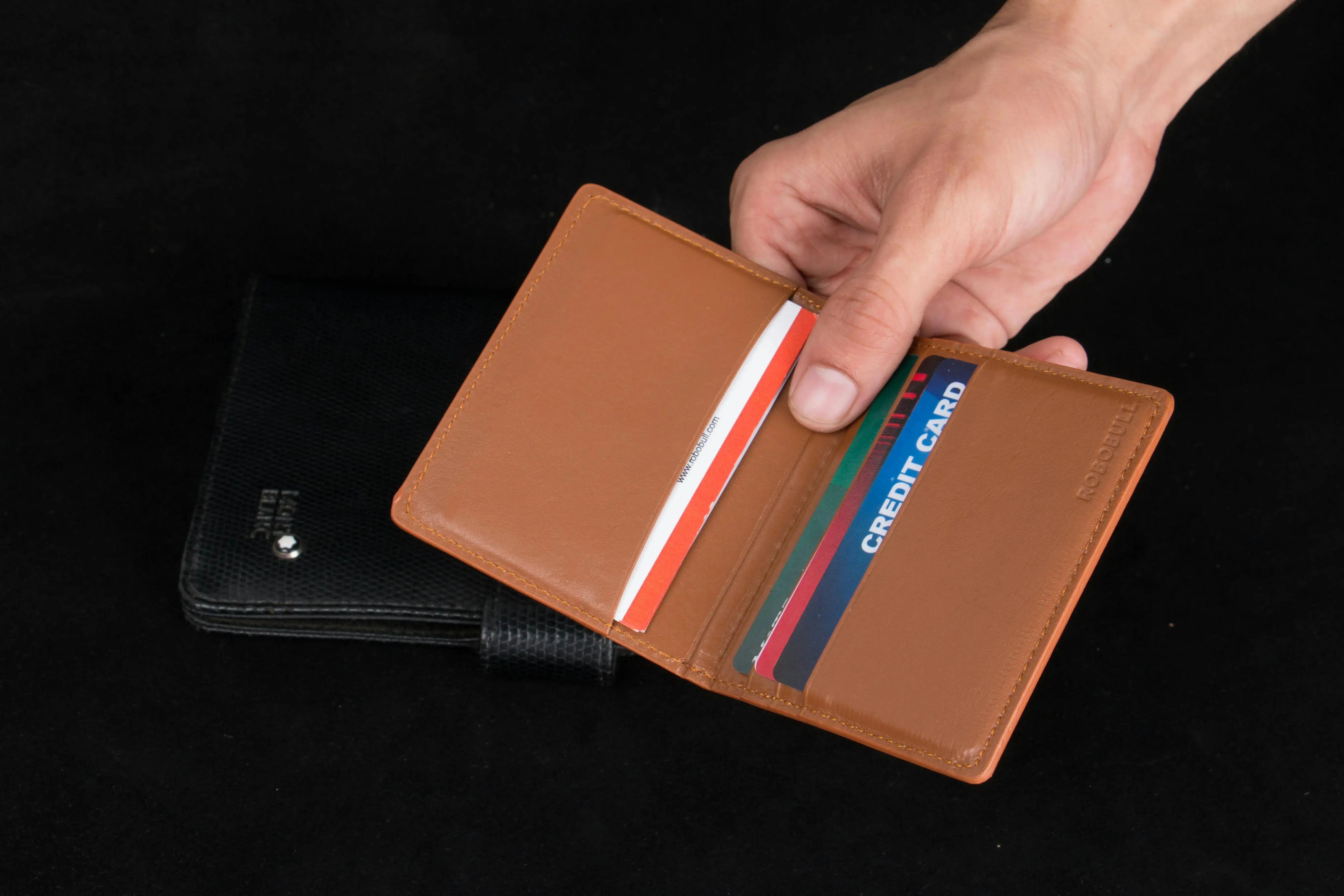

.webp)
